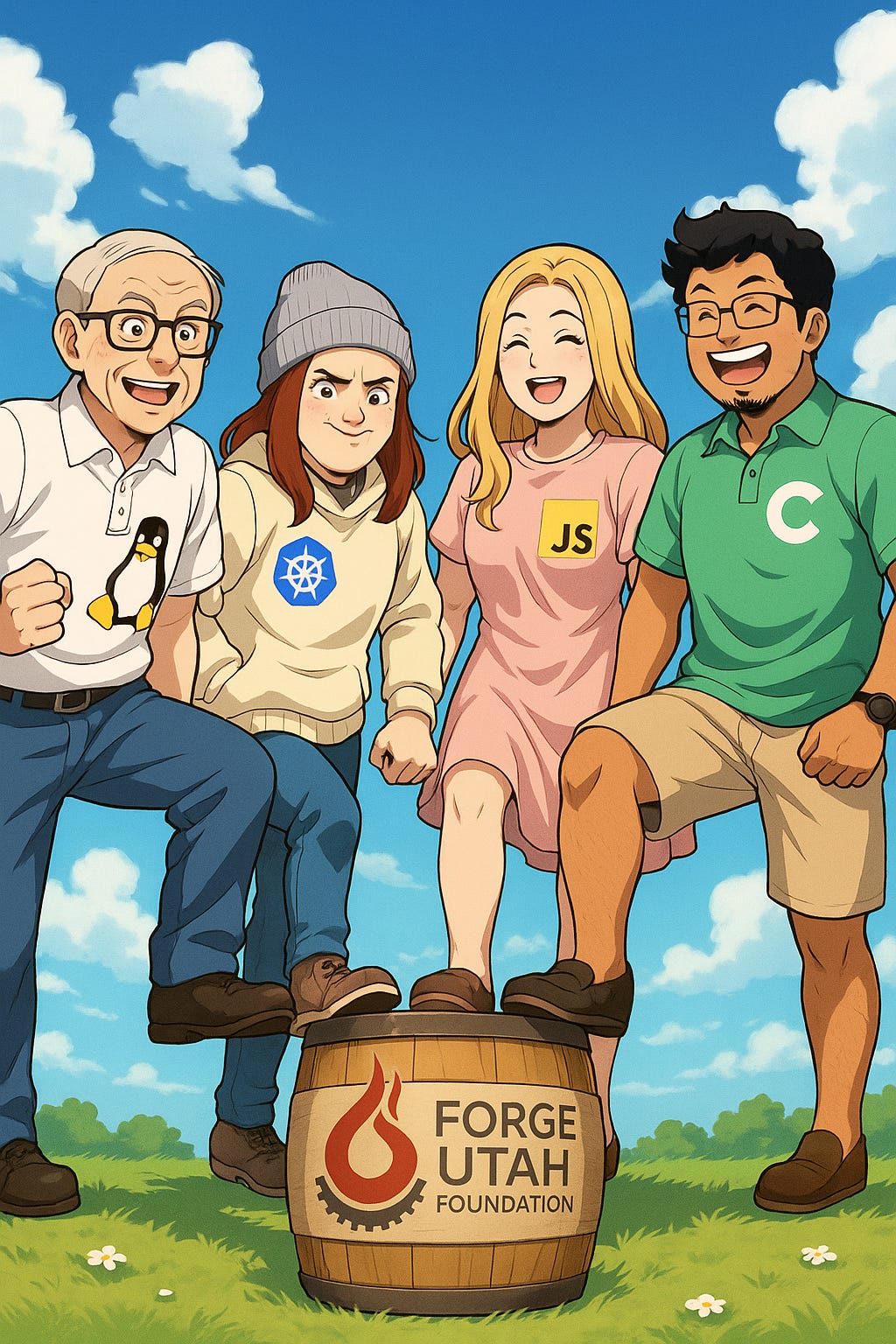Communities Are the Future of Developer Growth
Every year, developers flock to big-name conferences. For Go programmers, that’s GopherCon — the flagship event for our community. For years, I went too. I told myself it was about building my brand, networking, staying sharp.
But here’s the truth: not once have I been able to trace my personal or professional growth back to a big conference. Not one subscriber. Not one meaningful connection. Not one transformative piece of knowledge.
Every ounce of growth I’ve had as an engineer, a content creator, and a leader has come from one place: local communities.
When I say “communities,” I’m talking about all the different ways technologists gather outside of work: special interest groups (SIGs), user groups, local meetups, Discord servers, even small study circles. The labels vary, but the pattern is the same: people with a shared interest coming together to learn, share, and grow.
What unites them isn’t the platform or format — it’s the focus on the individual. Unlike big conferences built around marketing and optics, communities empower you to go deep on your interests, connect with others who care about the same problems, and stay current with an industry that changes week to week.
Meetups are the future. They’re the essential since the current industry is moving faster than any CFP cycle1 can handle.
Why Conferences are Falling Behind
Conferences lock in content nine months before the event. In AI and current software landscape, nine months is basically ancient history. We are racing to see who can leverage LLMs to make better, faster, newer software and products, and it changes radically every 3 months. A talk pitched in January is stale by October. By the time you sit down in the audience, you’re hearing a recap of where the industry was, not where it is today.
And so we get filler. Theoretical talks. Over-polished slides. Sponsored sessions that feel more like sales pitches than education.
Meanwhile, the real cutting-edge conversations are happening elsewhere.
Why Local Wins
Meetups are agile. A speaker submits a topic a month in advance , and sometimes less. They’re not talking about what was true last year. They’re talking about what’s breaking today.
I’ve sat in local meetup where speakers talk about MCP servers, about new lakehouse architectures, about A2A pipelines — technologies so fresh they didn’t exist when the last CFP cycle opened in Jan 2025. That’s knowledge I can take back to work the next day, not just nod along with.
And here’s the kicker: meetups are free (or nearly free). Forge Utah meetups cost nothing. GoWest Conf is $100. And if you can’t afford $100, I’ll comp your ticket myself. Because the point is community, not gatekeeping.
Community is the ROI
Networking at user groups isn’t about exchanging LinkedIn profiles. It’s about real conversations with people you’ll see again next month. That trust compounds. The mentors I met at meetups taught me data engineering. The peers I met became collaborators. More than half my audience today — on YouTube, Substack, Twitch — I can trace directly to local community events.
Big conferences want you to believe the ROI is in the brand optics. The truth is, the ROI is in your people. And your people are at meetups.
The Only Way Forward
The industry is changing too fast to rely on once-a-year gatherings. The only way to stay relevant is continuous learning, and the best way to do that is to show up — once a month, at a meetup.
You’ll get practical knowledge. You’ll get connections that actually matter. And you’ll get the confidence that you’re not falling behind in an industry that reinvents itself every quarter.
So I’ll say it plainly: if you care about your career, stop chasing big conferences. Start investing in your local community. Meetups are the future. They’re where the growth is.
And they’re where I’ll be.
CFP or Call For Papers is how most conferences get speakers. They ask for these submissions often 9 months or a year in advance. AI is moving faster than that, and since every conference is just an AI marketing event, the CFP cycle makes talks out of date.


